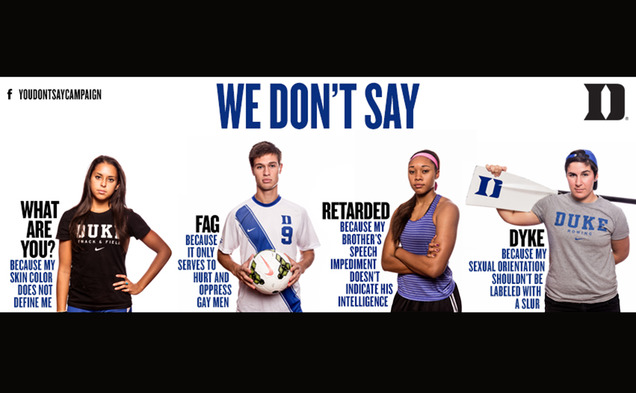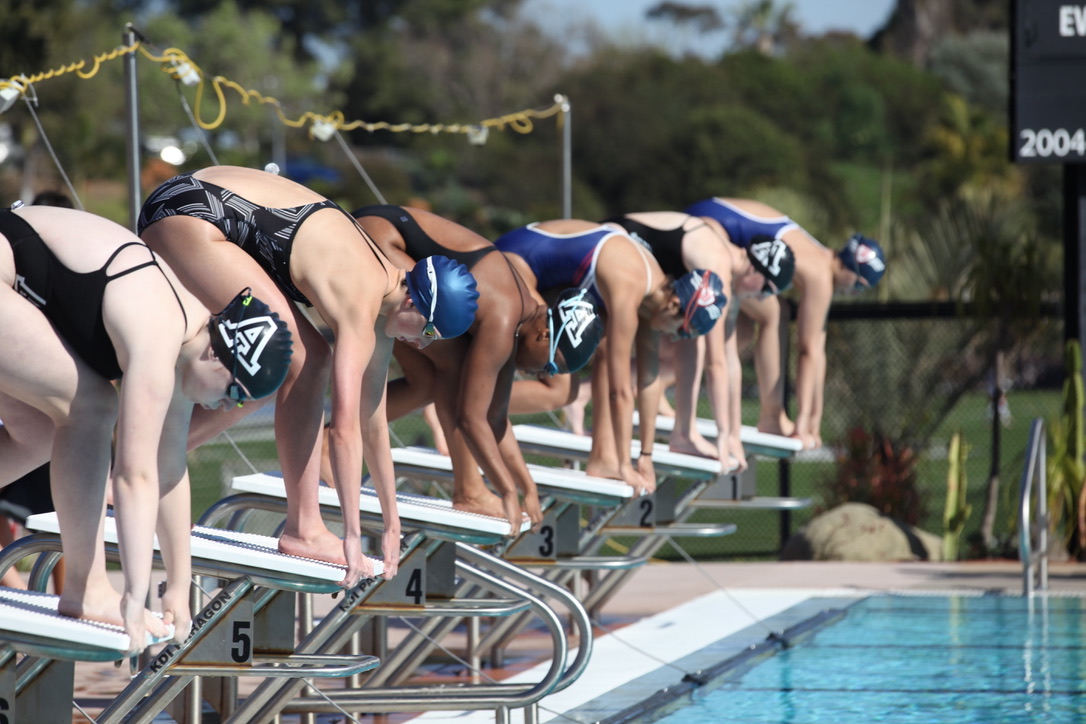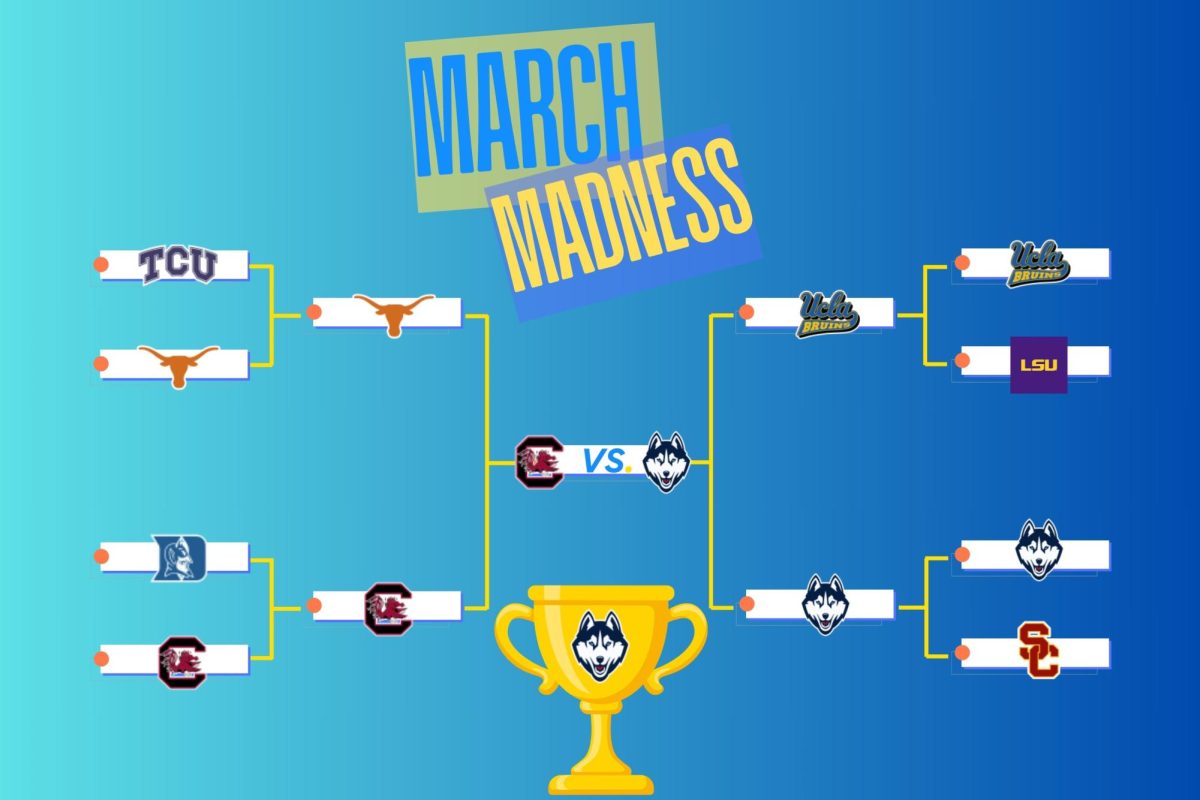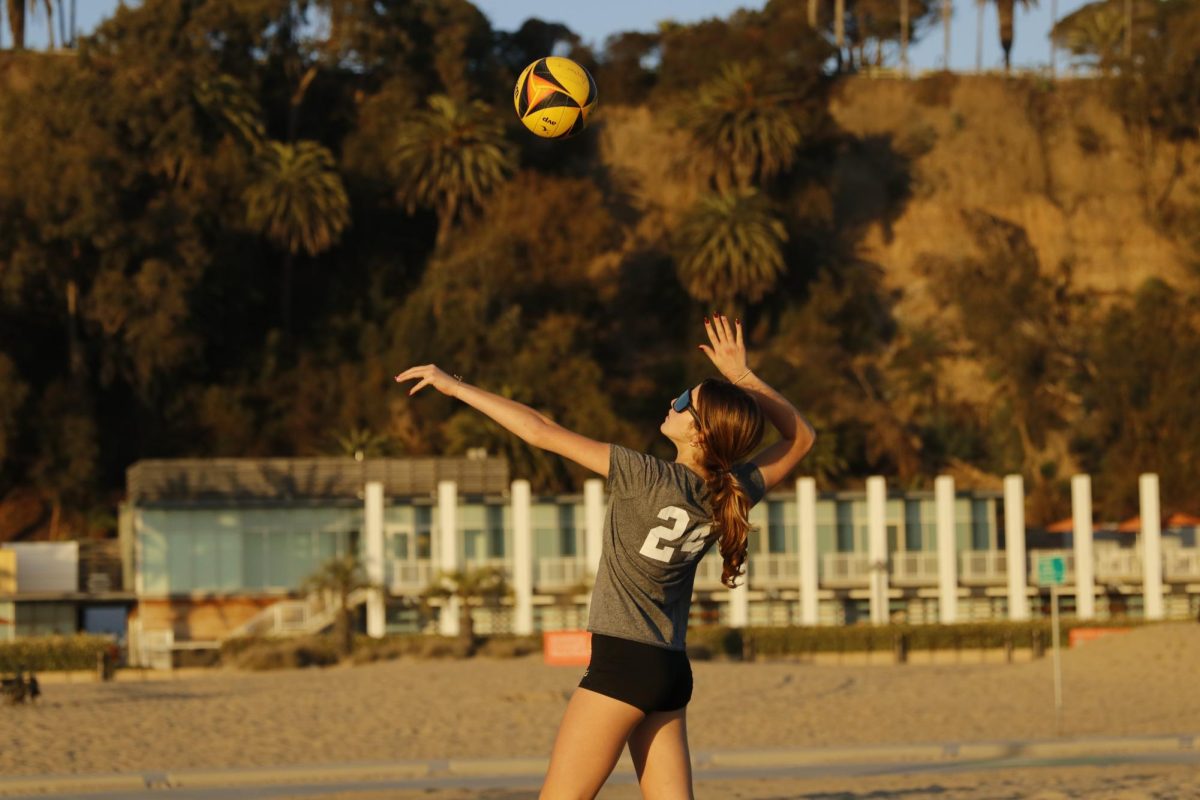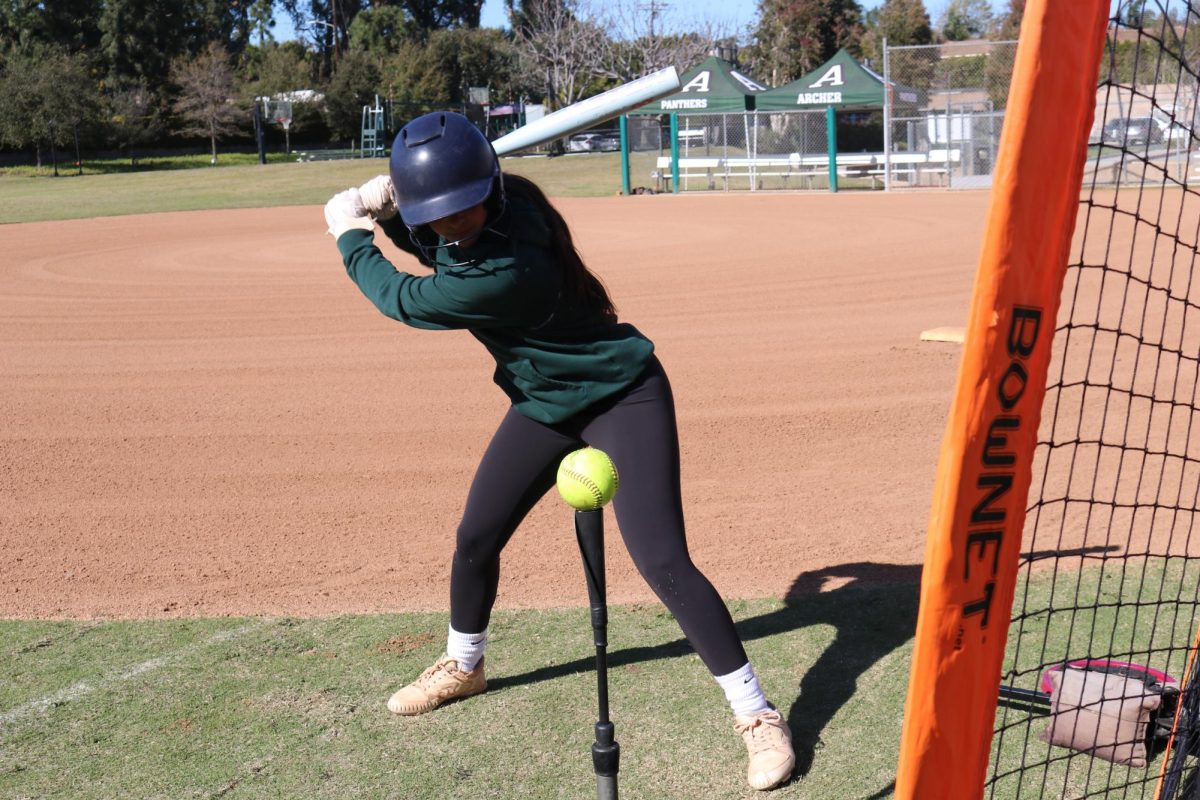In an effort to bring awareness to demeaning and derogatory language in our social vocabulary, various Duke University student-run organizations collaborated to install the “You Don’t Say” campaign.
The project features photos of Duke student-athletes with handpicked phrases they find to be marginalizing and the reason they don’t say it, according to the campaign’s Facebook page.
A participating club in the campaign “Athlete Ally” addresses LGBT and gender issues that can “affect athletes, coaches and fans.”
It also “attempts to make sports inclusive for everyone regardless of sexual orientation and gender.”
Former Archer student-athlete and Duke “Athlete Ally” club member Krysia Sikora was “excited” to join the campaign.
“I thought that they campaign was advocating an important message… [it is raising] awareness to the effect that such words/phrases have on others and encourages individuals to think about words they say,” she said in an online interview.
A graduate from the Archer Class of 2013, Sikora was accredited as being “the best player in Archer history” by high school sports news site MaxPreps.com. She signed with the Blue Devils on National Signing Day in 2013.
“The realm of athletics is still very much gendered, often preferring athletes that embody ‘masculinity,'” Sikora said. “However this underplays the role women have played in athletics and their own accomplishments.”
It is for this reason she and the rest of Duke’s Varsity Women’s Soccer team chose the saying: “We don’t say, “kick like a girl” because it trivializes all that women have accomplished in sports.”
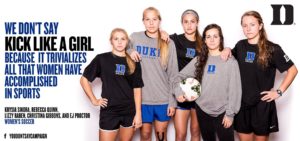
Being a female athlete, this saying particularly resonated with Sikora because “doing something ‘like a girl’ should not be equated as a negative remark.”
Sikora also had the opportunity to feature in an individual shot, in which she chose the saying “I don’t not say “they asked for it” because sexual assault is never the victim’s fault” because it “is not uncommon to hear victim blaming,” she said.
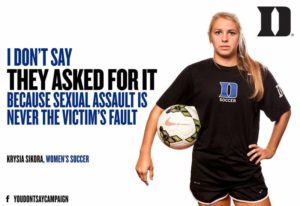
“I’ve heard people say comments such as ‘She was dressed so slutty’ or ‘she was wasted’ as reasons for why someone was taken advantage of. This is just wrong because they are not valid excuses for sexual assault and they further cause the victim to blame themselves,” she explained further.
Despite having a positive agenda, the “You Don’t Say” campaign has received criticism for “censoring free speech” from various users on its Facebook page.
“I’m really quite ashamed to be an American, when I see this pathetically low level of intellectual discourse happening at an institution which is considered top-tier in the country, advocating for censorship and ostracism over basic words and phrases in the English language” one user posted. “This is totalitarianism.”
“Although critics may say that the campaign is “censoring free speech,” it isn’t,” Sikora said in response. “I have had a greater awareness of what others say and if I hear them say things that I believe can be offensive I have taken the extra effort to say something.”



